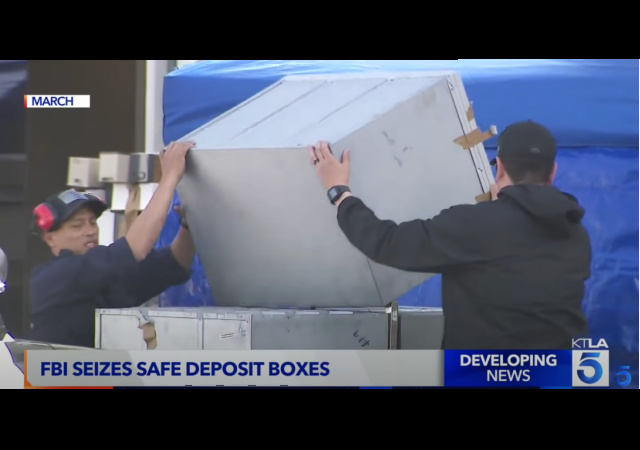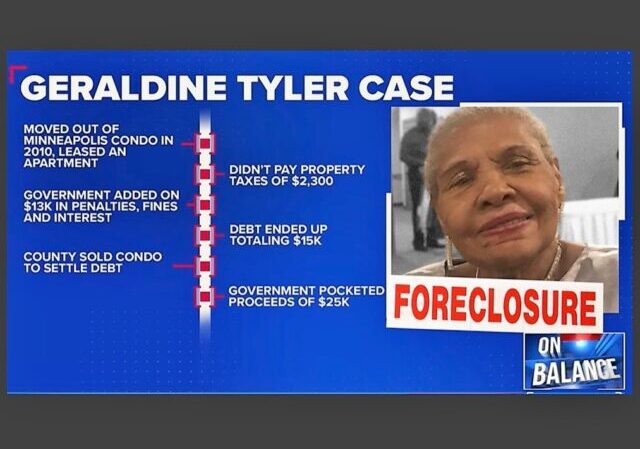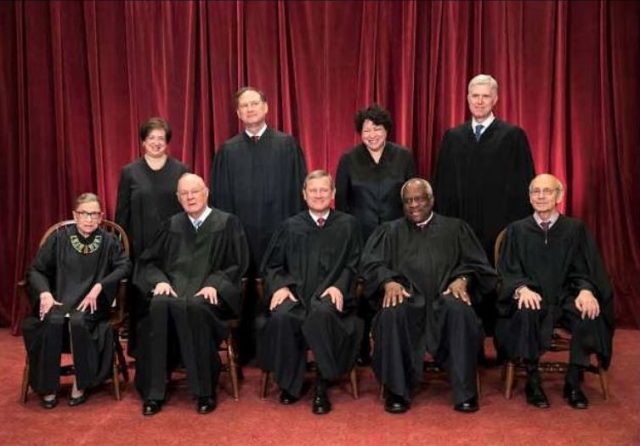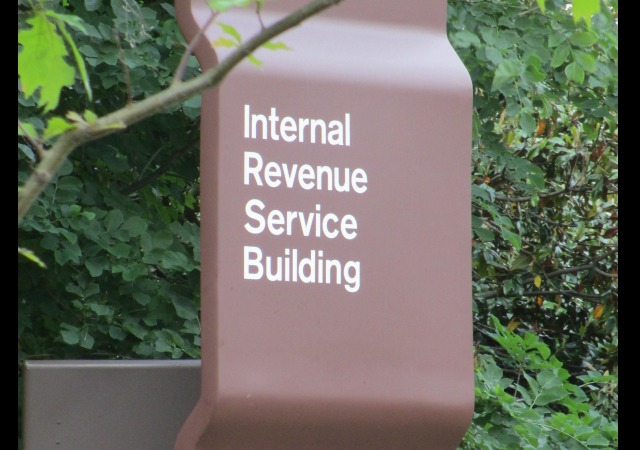There's a simple explanation for why civil asset forfeiture laws are
coming under fire---they ruin lives.
Not in the way a hefty speeding ticket or 7 am-on-the-dot tow "ruins lives," but in a real, "my life savings are gone and I don't know how I'm going to pay for my next meal" kind of way.
Take Philadelphia, for example.
From 2002 to 2012, the City of Philadelphia raked in $64 million in forfeiture funds. Licensed marijuana growers
in Michigan have had their homes, property, and assets seized, contributing to a 10 year, $250 million payout to law enforcement. New Mexico
took in $4 million in one year based on single sniff tests by drug dogs.
The kicker? Much of what is seized by law enforcement is held without any evidence that the property owner has committed a crime.
Last year, 24 year-old Charles Clark became just one more victim of a system that benefits law enforcement at the expense of everyday citizens. He lost $11,000 after officials decided that carrying cash in an airport should be treated as a crime---even though there's nothing unlawful about it.
The
Institute for Justice has the details:


















